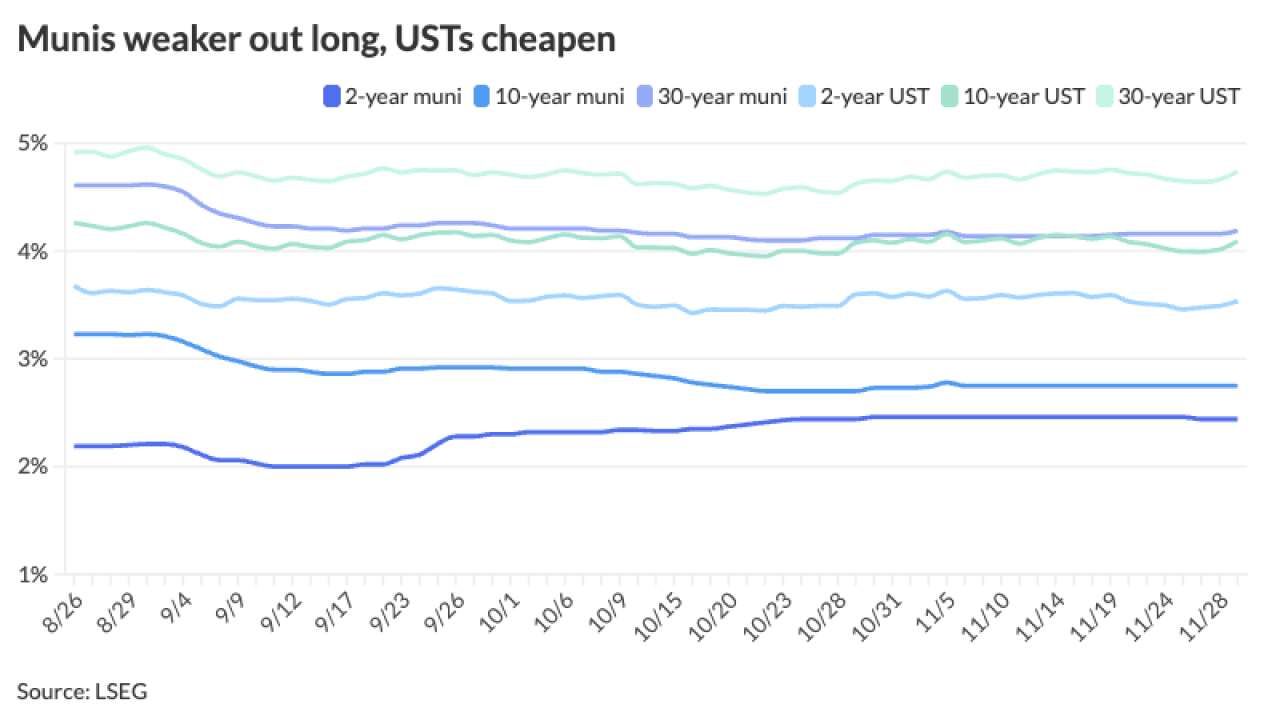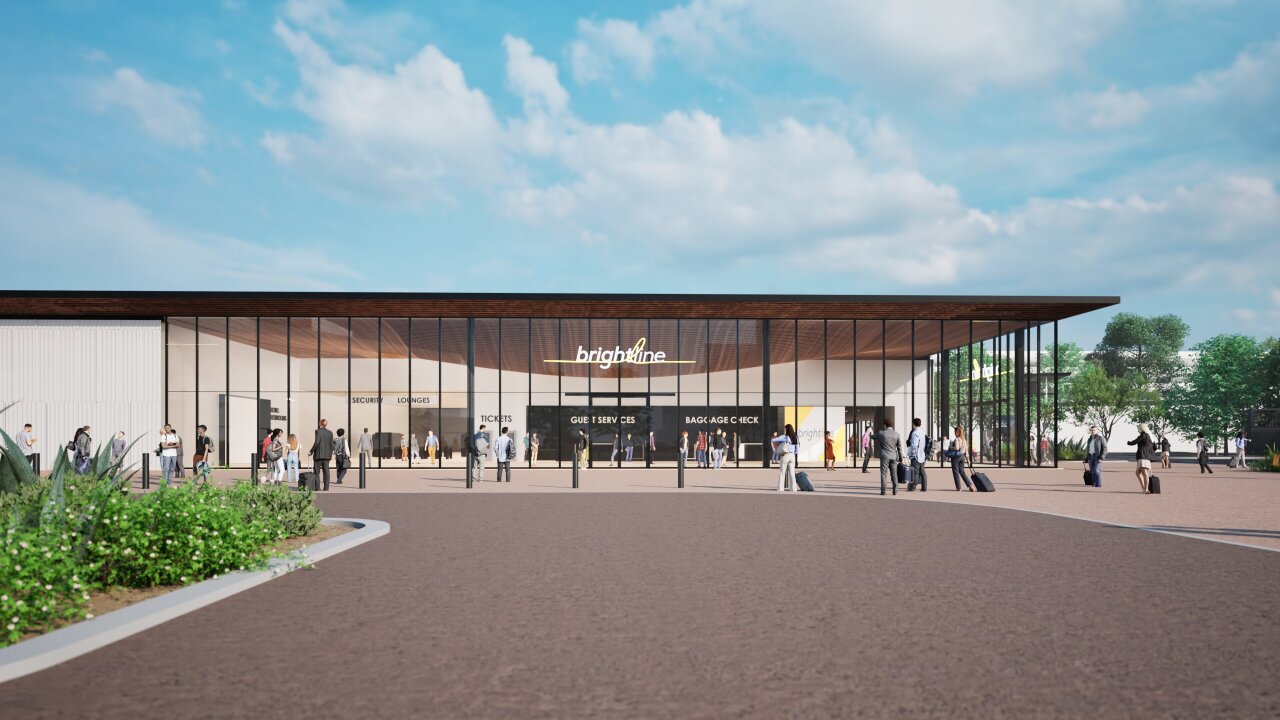A bill that would regulate public-private partnerships in the U.S. Virgin Islands passed a key committee Monday with support from legislators and the heads of almost a dozen territorial government agencies.
Projects ranging from a planned stadium to highways, tunnels, schools, bridges and hospitals were raised as potential P3 candidates during a hearing before the Virgin Islands' Senate Committee on Government Operations, Veterans Affairs and Consumer Protection.

The VIPA's "activity in the public, particularly in educating the public on P3 arrangements, that led me to notice there was a lack of legal and regulatory framework, and that's the impetus for the bill," James said. "This will provide statutory authority for government agencies and entities to enter into agreements so there's a successful delivery of projects at a low risk to the government," James said. "I would love to see increased involvement of private sector in many areas in the island."
The bill, which would not take away any existing P3 authority, aims to "provide a well-defined mechanism to facilitate and manage collaboration between the Government of the Virgin Islands and private entities."
Among other provisions, it outlines termination event terms and requires public officials to conduct due diligence reviews to ensure the P3 benefits the public and obtain information to show it will "protect the valuable associated resources of the Virgin Islands."
Public Works Commissioner Derek Gabriel, while saying he supported the bill, warned it could "unintentionally" hinder P3s by requiring too much scrutiny during "delicate," "deliberative" and "intense negotiations" in the early stages.
Provisions such as requiring an independent audit, public notice and comment period and third-party reviews prior to entering into a deal may scare away private entities that have "serious concerns about exposure," Gabriel said.
"I believe more discussion is needed to avoid any unintended consequences that may hinder the island's ability to pursue P3s," he said.
VIPA executive director Carlton Dowe, who also testified in support of the measure, asked that the port authority's current P3s be exempt from the bill.
"If the legislation is made applicable to the outstanding VIPA projects, it may result in the abandonment of the project by the private partners by delaying the progress that has been made," Dowe said. "This would be costly to VIPA and even the private parties." He added that VIPA has already incorporated most of the provisions in the bill and that he doesn't have concerns with most of them.
Most of the committee's lawmakers were in favor of the bill but some raised questions about how the agreements would work for projects that don't have their own revenue streams.
James said after the testimony that she plans to incorporate some of the changes. "I don't want anyone to think this legislation forces a particular model on any government agencies," James said.
Separately, the VIPA has tapped design and engineering firm Stantec as the sole consultant for the development of the island's two airports, including oversight of its P3 program.
The bill next heads to the Rules and Judiciary Committee, where it may be heard in January after the holiday break, said a spokesperson for James. If it passes that committee, it would then go the full floor for a vote.





